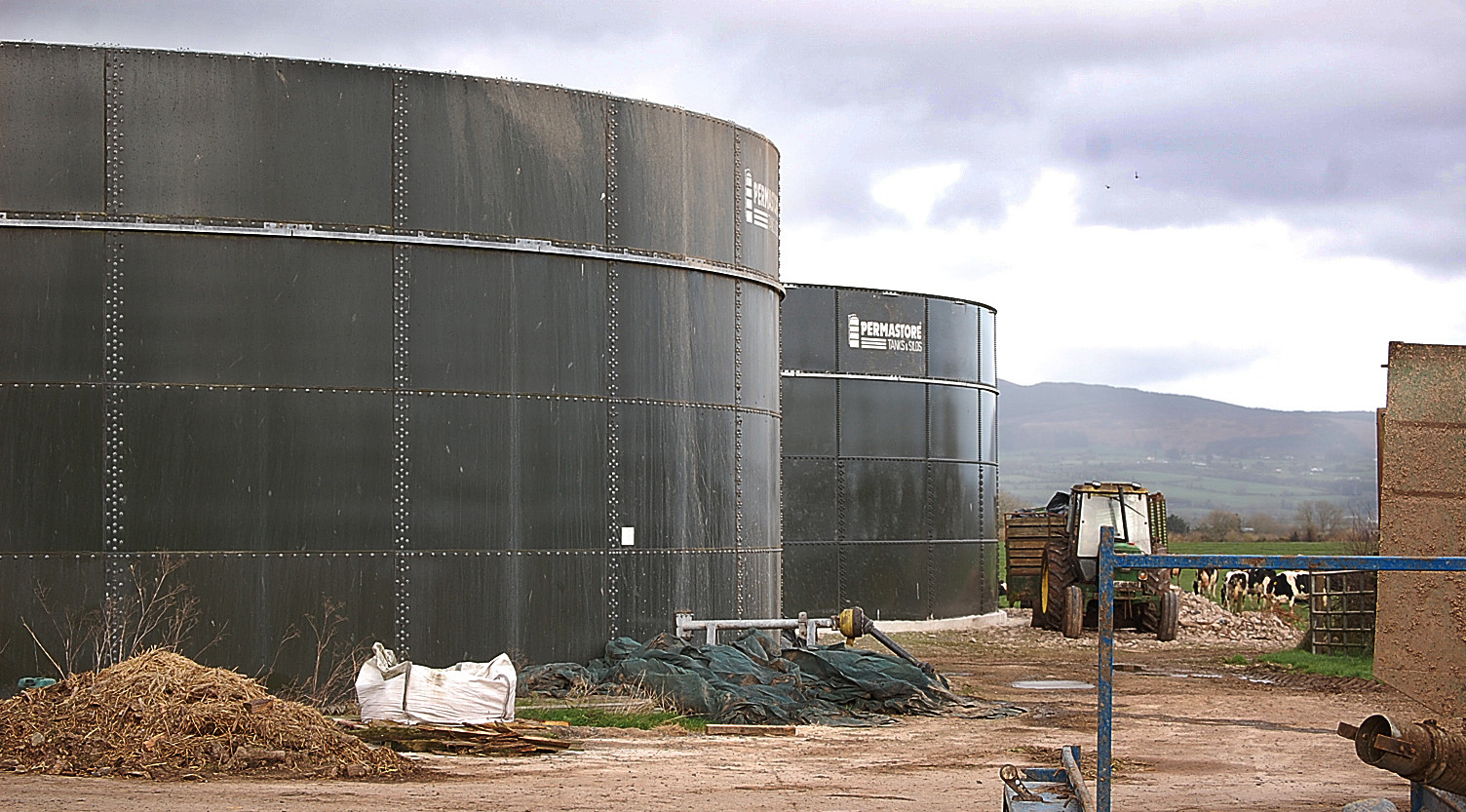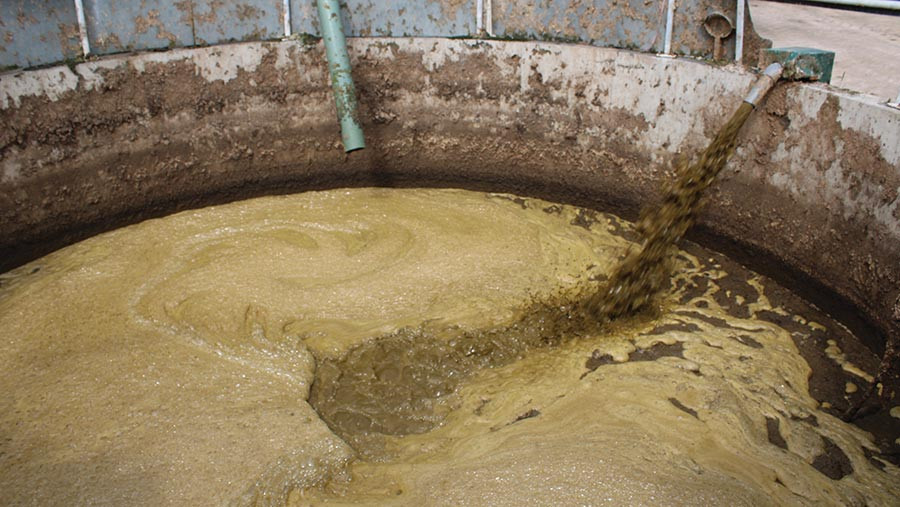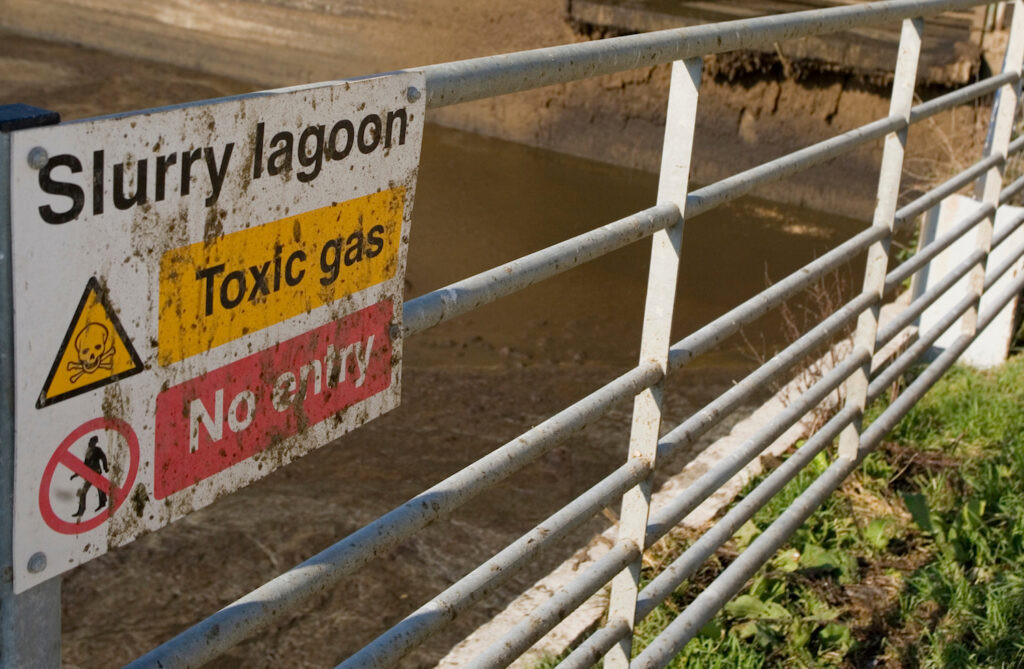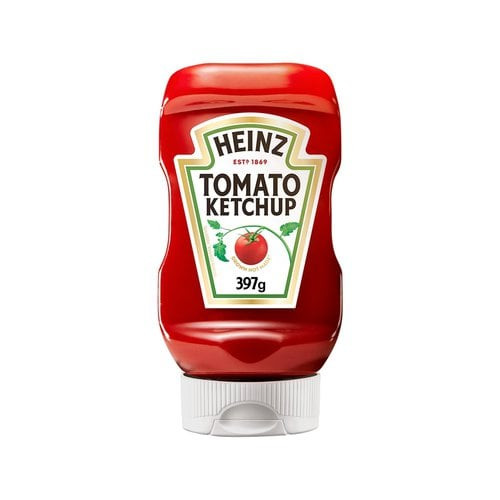A Boon for Irish Farmers: New Grant for Imported Slurry Storage
The Irish government has announced a new scheme that promises to significantly benefit farmers in the country. The Nutrient Importation Storage Scheme (NISS), part of the Targeted Agricultural Modernisation Schemes (TAMS III), will provide a 70% grant rate for investments in imported slurry storage. The scheme comes with an investment ceiling of €90,000 per holding, with a higher limit of €160,000 for registered farm partnerships.
The NISS aims to address the growing need for nutrient storage facilities in Ireland, particularly given concerns surrounding water quality. This scheme is designed to incentivize farmers to invest in efficient and sustainable slurry storage solutions, thereby reducing the risk of nutrient runoff and improving water quality.
Key Features of the Nutrient Importation Storage Scheme
The NISS, which was announced in August 2024, offers a number of attractive features for eligible farmers:
- Generous Grant Rate: The scheme provides a substantial 70% grant rate for approved investments, significantly reducing the financial burden on farmers.
- Dedicated Investment Ceiling: The NISS has a dedicated investment ceiling of €90,000 per holding, ensuring that farmers have access to sufficient funding for their storage projects.
- Partnership Eligibility: Registered farm partnerships are eligible for a higher investment ceiling of €160,000, allowing for larger-scale projects.
- Wide Range of Eligible Investments: Approved investments under the NISS include circular slurry stores, geo membrane-lined stores, and manure pits. This provides farmers with a range of options to suit their specific needs and farm layout.
Eligibility Criteria for the NISS
To be eligible for the NISS, farmers must meet specific criteria:
- Nutrient Importation Contract: Eligible farmers must have a legally binding contract in place for the importation of nutrients. This contract should clearly outline the volume of organic fertilisers to be imported.
- Whole Farm Stocking Rate: The importing farm must have a whole farm stocking rate of less than 150kg N/Ha. This measure aims to ensure that the farm has the capacity to spread imported slurry or manure effectively and prevent excess nutrient accumulation.
- Penalty for Non-Importation: Failure to import slurry according to the agreed-upon contract will result in a penalty. The rate of recoupment will decrease by 20% for each year that slurry importation has not taken place, discouraging farmers from securing funding without fulfilling their contractual obligations.
- Prioritization of Younger Farmers: The Department of Agriculture has stated that the age of the applicant will be a factor in the application assessment process. Priority will be given to younger farmers, aiming to support the next generation of agricultural entrepreneurs.
Other Factors Considered in Application Assessment
In addition to the above criteria, the Department will also consider the following factors when evaluating applications:
- Size of Holding: The size of the farm, measured in hectares, will be considered to ensure that the storage investment is proportional to the farm's needs.
- Area of Natural Constraint: The Department will assess whether any portion of the holding falls within an Area of Natural Constraint (ANC). Farms located in ANCs may receive preferential consideration due to their unique challenges and environmental importance.
- Nitrates Production Prior to Export: The Department will analyze the farm's nitrates production prior to exporting slurry. This evaluation helps assess the overall contribution of the farm to nutrient management and water quality.
A Step Towards Sustainable Agriculture
The NISS is a significant step towards promoting sustainable agricultural practices in Ireland. By encouraging farmers to invest in efficient slurry storage solutions, the scheme helps to reduce nutrient runoff and improve water quality. This aligns with the government's broader efforts to safeguard the environment and ensure the long-term viability of Irish agriculture.
The Nitrates Derogation and Future of Irish Agriculture
The NISS announcement comes at a time when Ireland is facing pressure to maintain its Nitrates Derogation, which allows for higher nitrogen fertilizer use than in other European countries. The derogation is scheduled to be reviewed in 2025, and Ireland must demonstrate its commitment to water quality improvement and sustainable agricultural practices to retain it.
The Government's plan to retain the derogation includes a range of measures, including the NISS, a new planning exception for slurry storage facilities, and a dedicated €90,000 ceiling for nutrient storage investments starting in January 2025. These measures are intended to address concerns regarding water quality and ensure the continued success of the Irish agricultural sector.
A Balancing Act: Sustainability and Economic Viability
Balancing environmental concerns with the economic viability of Irish agriculture is a complex challenge. The NISS represents a critical step towards achieving this balance. By providing financial incentives for farmers to invest in nutrient storage, the scheme promotes sustainable practices while ensuring that farmers have the necessary resources to manage their operations effectively.
The future of Irish agriculture is tied to its ability to adapt to evolving environmental regulations and market demands. The NISS, along with other government initiatives, demonstrates a commitment to supporting farmers in their efforts to produce food sustainably while protecting the country's natural resources.
A New Era for Irish Farming?
The NISS has the potential to revolutionize how farmers in Ireland manage nutrients and contribute to environmental protection. As the scheme unfolds, it will be critical to monitor its impact on farm practices, water quality, and the overall sustainability of Irish agriculture. The success of the NISS will depend on the government's commitment to providing adequate support and guidance to farmers, ensuring that they have the resources and knowledge necessary to implement the scheme effectively. The future of Irish agriculture hangs in the balance, and the NISS is a crucial piece of the puzzle in ensuring a sustainable and prosperous future for this vital industry.



















